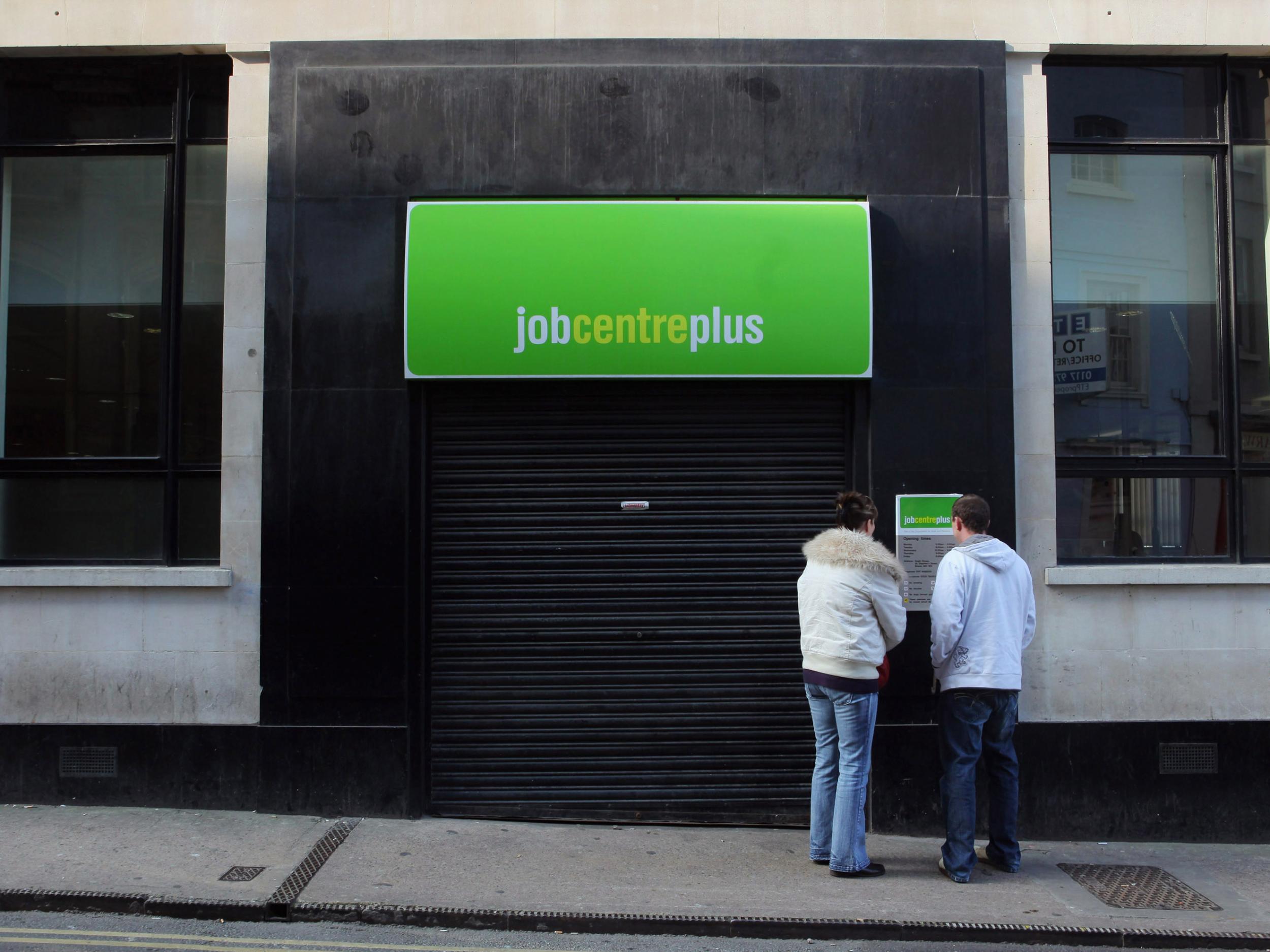Government should give £10,000 to every British citizen under 55, report recommends
Individuals could take their ‘dividend’ from the fund at a time of their choosing over the course of a decade to meet challenges such as starting a business, combining work with care and improving skills

Ministers should consider the creation of a “Universal Basic Opportunity Fund” (UBOF), allowing individuals to claim up to £10,000 over a two-year period, according to a new report.
The study by the think tank Royal Society for the encouragement of Arts, Manufactures and Commerce (RSA) claims the idea could act as a “stepping stone” before the introduction of a fully-fledged universal basic income (UBI).
The RSA – led by Matthew Taylor, who recently authored a report for Theresa May into modern employment practices – says the concept would involve providing £10,000 over a period of two years to everyone under 55 to help meet the challenges of the 2020s.
Individuals could take their “dividend” from the fund at a time of their choosing over the course of a decade to meet challenges such as starting a business, combining work with care and improving skills.
“Individuals claiming the £10,000 would be required to demonstrate how they intend to put the fund to good use but would need to ‘claim’ via a local authority, accredited employer, union, university, college or other public body,” the report adds.
While there are many variations of a UBI, the general idea involves overhauling the welfare state and ditching means-tested benefits in favour of an unconditional flat-rate payments to all citizens.
In recent years interest in the concept has grown steadily and the Shadow Chancellor, John McDonnell, told The Independent last year that his office had set up a working group to investigate its feasibility – findings will be produced before the next general election.
But the RSA says in the current political climate – coupled with the uncertainties caused by Brexit – that major transformative interventions such as UBI are “unlikely in the immediate future”.
Instead the think tank suggests that a UBOF could be more feasible in the immediate future and would act as a “stepping stone” in the overhaul of the welfare state.
“The UBOF should therefore not be considered as end destination,” the report adds. “But as an experimental prologue to an entire re-envisioned social contract between citizen and state.”
Anthony Painter, the director of the RSA’s action and research centre, said: “Economic insecurity risks becoming the new normal unless we take action: around a third of the workforce today are economically insecure, and many more out of work can seem permanently excluded.
“Without a real change in our thinking, neither tweaks to the welfare state nor getting people into work alone, when the link between hard work and fair pay has broken, will help work people meet the challenges ahead.
“Equally though, those who advocate a universal basic income must show how it is pro-work rather than post-work, and develop specific ideas to fund it. Our report is an attempt to do exactly that.”
Commenting on the report Jonathan Reynolds, the shadow treasury minister, said: “This new report from the RSA raises the right questions about the future of work and the long-term challenges we face, including making sure automation and the changing nature of work deliver a fairer, more prosperous society.
“Labour is looking into proposals for universal basic income and universal basic services, to help create a 21st-century economy that works for the many, not the few.”
Join our commenting forum
Join thought-provoking conversations, follow other Independent readers and see their replies
Comments
Bookmark popover
Removed from bookmarks